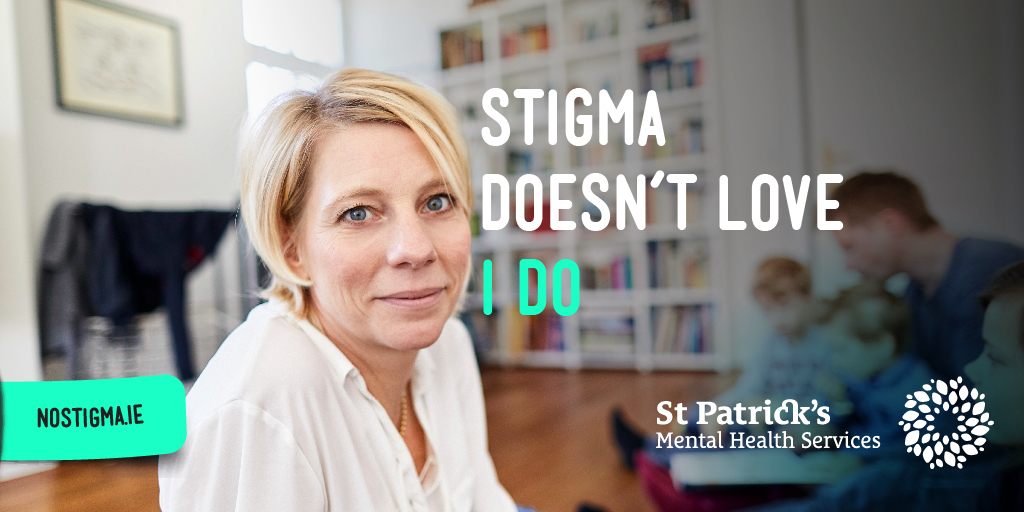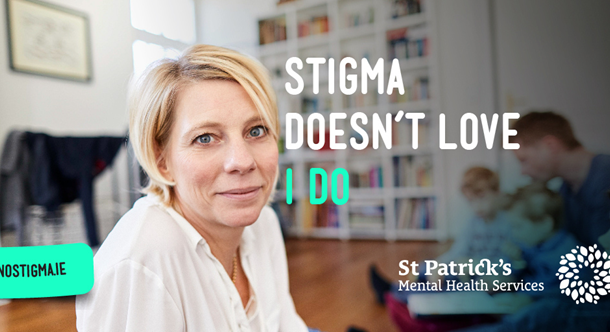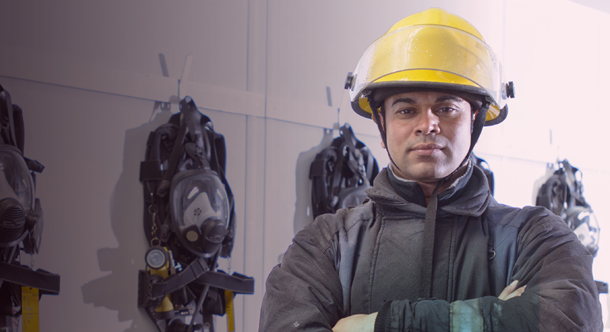
Our Advocacy Manager and registered occupational therapist, Louise O’Leary, explains why our #NoStigma campaign is so important and looks at some of the amazing ways that we can all enjoy a stigma-free home, workplace or environment.
Mental health stigma and discrimination can be experienced in different areas of life – at home or with friends and family, in our workplaces or when we’re looking for work, or in our social and community activities. Looking after ourselves’ and each other’s mental health has never been more important, and it’s essential we make life without stigma the norm.
The #NoStigma campaign emphasises the positive difference it makes when stigma and discrimination are out of the picture. We’d love to hear your thoughts or experiences on life without stigma to help us build our voice. The more #NoStigma stories we can share, the more life without stigma will become the norm. We love these examples from home and abroad of a stigma-free home, workplace and community.
Stigma-free commitments in the workplace
In Ireland, numerous high-profile employers have made efforts to tackle discrimination and support mental health in the workplace. These efforts include signing up to See Change’s Workplace Pledge programme, which aims to “to help facilitate a cultural shift in workplaces so that employers and employees feel supported and secure in starting a discussion about how mental health can affect each one of us”.
33 leading businesses recently published an open letter in The Times (in the United Kingdom (UK)), pledging to prioritise mental health as employees start to return to workplaces. This follows research indicating that up to one third of employees have been struggling with their mental health during the COVID-19 pandemic.
A stigma-free out-of-office message
Madalyn Parker, a software engineer in America, sent a simple and clear out-of-office message explaining she was taking some time for her mental health. Her subsequent exchange with her Chief Executive Officer went viral after he lauded it as an example of where workplaces needed to get to. See more on Madalyn's story here.
A stigma-free sporting community
The Gaelic Athletic Association (GAA) has created a Mental Health Charter which focuses on developing “a culture that supports and promotes good mental health’ and an inclusive club environment”.
The charter highlights the core values of enabling participation, respecting difference, and the importance of cultivating a tolerant, considerate and supportive community environment.
A stigma-free barbers collective
In the UK, the Lions Barber Collective was founded by a barber who spotted the potential for the barbershop as a safe space for men to open up. After taking part in a training course, barbers in the collective can then use “the barber’s chair, the intimacy, frequency and normalcy of a haircut… as an entry point for conversations about mental health”.
The collective also offers an online forum for barbers themselves to access peer support if they need it. The collective has now gone international and includes members around Ireland.
A stigma-free community choir
The mental health benefits of singing in a community choir and the social connection and pleasure it affords have been highlighted by choir members, mental health professionals and academics.
Bantry Community Choir, which was founded on World Mental Health Day 2014, is a great example of a choir with “an ethos of community, inclusion, social interaction and participation for all”.
Stigma-free stories of family and friends
Time to Change is a UK social change movement and campaign aimed at ending mental health discrimination.
They’ve gathered lots of stories of people’s experiences and views on what’s important in mental health recovery. You can read some of the personal stories of the positive impact support from family and friends had on mental health recovery, and how important it is during these challenging times to be able to talk openly with family and friends about mental health issues.
Our #NoStigma campaign
We want to open up and reframe conversations around mental health stigma and discrimination by showing the positive impact when they are not experienced.
Continue to…
Connecting art, mindfulness and wellbeing

